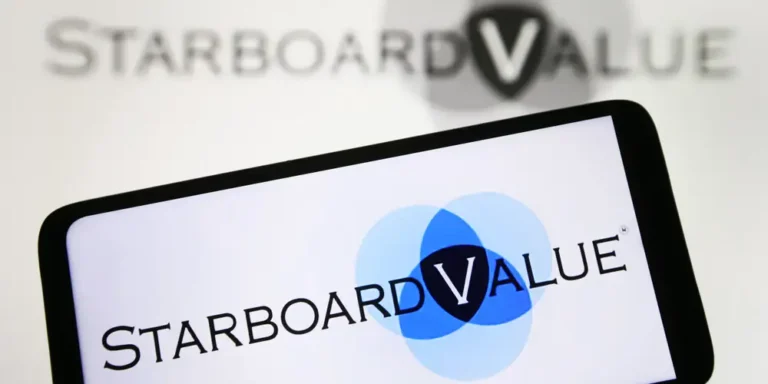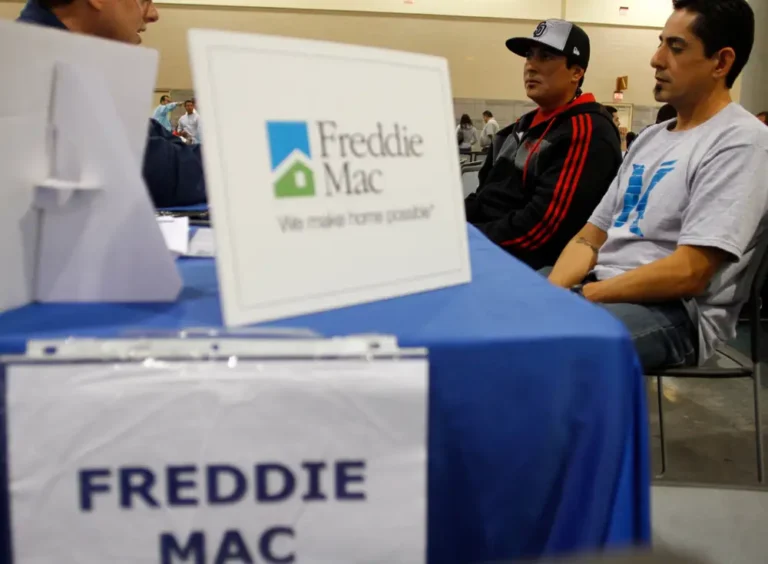I tried a tool that lets your coworkers rate your character. The startup behind it wants employers to use it for hiring.

A startup wants to help employers better evaluate character traits of would-be workers.
One area of my work where I appear to be better than others is remaining humble.
That’s according to a survey of some colleagues who rated me on six traits.
My coworkers — geniuses, all — made the evaluation using a tool from the startup Kanny, which aims to improve hiring by assessing what it calls a job candidate’s work character.
“The most important thing when hiring is not hard or soft skills or even expertise. It is character,” Kanny CEO and cofounder Sean Vassilaros told me. “It’s also the most important or most difficult thing to ascertain.”
He said Kanny is trying to return some power to the employer — though that may seem counterintuitive to many job seekers, for whom it can feel like bosses hold all of the proverbial cards. Bosses can ghost candidates — or sometimes list fake jobs — and they can put people through round after round of interviews.
Yet the control that job seekers have, Vassilaros said, is in shaping the narrative of who they are.
“How many times have you heard the story of, ‘Hey, I hired this person. They knocked my socks off in the interview,'” he said. And then “‘they turned out to be an absolute disaster.'”
Vassilaros said that because workers control their résumé, references, social media presence, and LinkedIn profile, it can be difficult for would-be employers to suss out a sus applicant.
“The entire hiring process is curated by the candidate,” he said. “It’s all packaged up in this sales job to hand to you.”
It’s of course reasonable that job seekers would seek to present themselves in the best light, Vassilaros said. The trouble is that when that happens, it often leaves those conducting an interview without a way to get “really good, keen insights.”
“I, for sure, can’t ask your references,” he said. “These are your champions, as they should be.”
The reviews are in
I signed up for Kanny, albeit with some trepidation, using my LinkedIn login. That’s how Kanny knew who I was and found coworkers. They could have been former colleagues or people I work with now. Someone requesting a review can also limit the ask to former coworkers.
Within a day or two of completing my sign-up, I received a few texts and emails from people, leery of a scam, asking whether I actually wanted their feedback on my character. I assured them it was legit and that I would Venmo them in exchange for a favorable review (kidding).
Vassilaros said worries about whether the request is valid is one reason the company encourages people to let current and former colleagues know the request is legitimate. Kanny offers templates for email, text, and LinkedIn messages. Users must opt in to see whether and how others have reviewed them.
Reviewers rate someone on six criteria: integrity, accountability, respect, humility (ahem), confidence, and grit.
A former boss told me it only took a minute or so to complete. That’s partly because reviewers move a slider to the left or right. There isn’t a field for a reviewer to enter open text.
That’s by design, Vassilaros said. The idea is to have everyone marked on the same scale. It’s a way of making subjective data more objective, he said, and less reliant on sentiment.
“They can’t be like, ‘This guy stole my lunch,'” he said. “We don’t want that information.”
The algorithm considers what Vassilaros calls “work relationship” information, including how closely, how long — and how long ago — you worked with someone. Scoring is also set so that if certain reviewers are too negative or too positive, their impact is blunted.
“This is not meant to tank or to hurt anyone. This is meant, literally, to reward but also give you information on how to develop and get better,” he said.
Reviewers are anonymous — and responses are only shown in aggregate though it takes at least five reviews before Kanny will generate a report.
I only heard from a handful of people, and I’m not sure how many colleagues actually evaluated my character traits. Given my above-average score in some areas, I’d imagine it was only a handful of true believers.
Once I logged in to Kanny’s website, I could see my ratings on a dashboard and how I compared with other Kanny users —hence my not-so-humble-bragging about my humility. And if I’m honest, my results in that category were only a tiny bit above the average.
It was fun to see my scores from mystery colleagues. Yet more important, it struck me that anytime you can offer employers better insights into how a job seekers’ colleagues regard them, it could be a notable step toward making the hiring process feel more humane.
Users like me can ask others to review them; by the end of the year, Vassilaros said, Kanny plans to open up the tool to corporate customers. That way, an employer could request that an applicant go through the Kanny process and get ratings.
He said he plans to integrate Kanny into the applicant-tracking systems most large employers use to help manage their hiring process.
Vassilaros said a recruiter needing to sort through 1,000 applicants for a role might instantly whittle it down to 20 by ranking according to these character snapshots.
From there, a recruiter could dig into a person’s report to learn about an applicant’s strengths and weaknesses.
Yet, Vassilaros said, a low score in a particular category might not be a dealbreaker.
He offered the example of a software developer who got high marks for accountability and integrity but came in lower on respect. That suggests he might not work well with others, Vassilaros said. “That may be acceptable for that role,” he said.
Looking at character in other ways
Kyle Samuels, founder and CEO of the executive search firm Creative Talent Endeavors, told me that understanding an organization’s character is crucial when hiring. A company like REI or Patagonia, he said, might focus on helping employees shine, whereas an investment bank might value a more competitive, self-driven worker.
Samuels said that an applicant’s character can be revealed throughout the hiring process. What is a person’s demeanor? Does the candidate show up on time? Is the job seeker rude to his assistant?
“Those are things sometimes that have stopped me from even having an interview with a candidate,” he said.
Samuels has also seen job seekers pass along proprietary information from their current employer to try to impress a prospective boss. That can be a red flag, Samuels said.
“There are certain companies who will clutch their pearls at that. And there are other companies saying, ‘So, you’re bringing over your client list, right?'” he said.
In some industries, killing it at work might allow individuals with less favorable character traits to thrive, he said. You might be a jerk, Samuels said, but if you brought in $4 million in sales this quarter, an employer might be willing to overlook gaps in character.
Samuels said a tool that gets at a candidate’s character might be most helpful for lower-level roles, where the interview process is often less extensive than for a senior position.
Defining character can be messy
Rebecca Arnold, founder of Root Coaching & Consulting, told me that she’s not sure that character assessments based on someone’s LinkedIn connections would eliminate the type of bias that is often part of a job seeker’s references.
“You probably don’t have thousands of enemies in your LinkedIn network,” she quipped.
Arnold also said that broad terms like respect and integrity can be open to interpretation.
Getting it right is important but often difficult for employers, she said.
“They often only find whether someone is really strong in these characteristics or weak after they’ve been hired,” Arnold said, adding that bringing in people who fall short around character can hurt an organization’s culture.
Vassilaros, from Kanny, said that the company has technology that can find people you’ve worked with who might not be connections on LinkedIn. He also said the company tries to define the attributes reviewers use so that the terms are specific to work.
Vassilaros added that his experience running other companies made it clear to him how hard it is to determine a candidate’s character before making a hire.
“I was probably batting about a 60% success rate,” he said.
Vassilaros said his goal is to make character in the workplace a bigger focus.
“That should drive the conversation,” he said.






